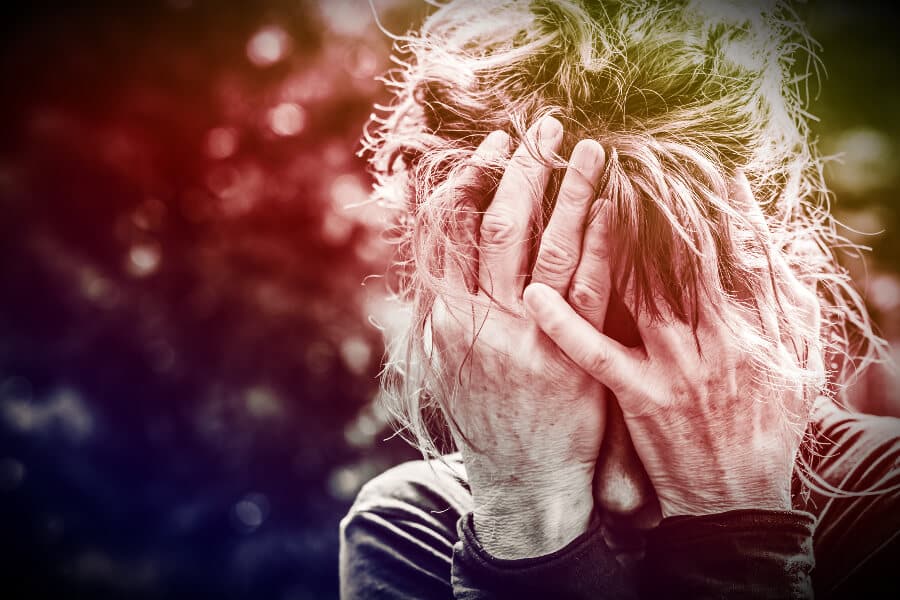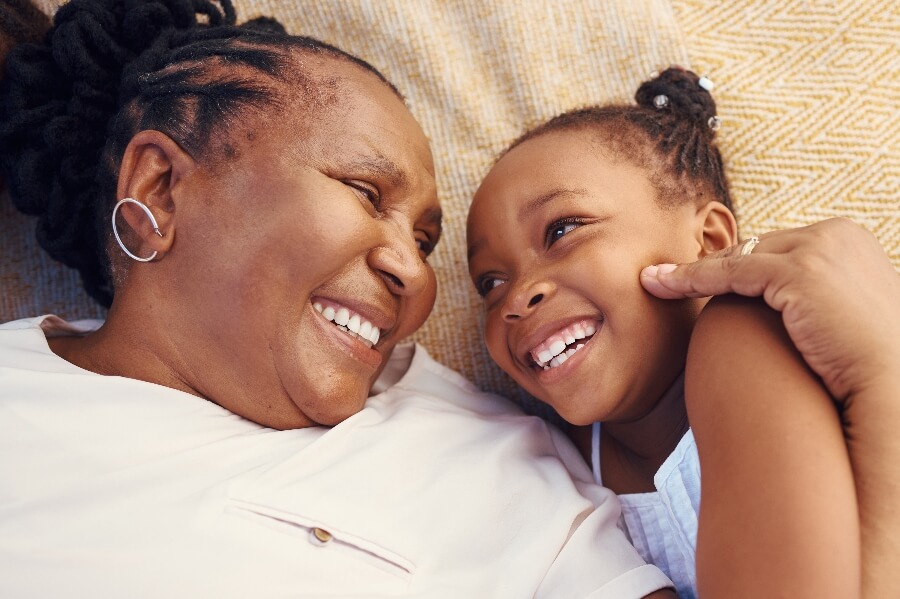A meme we saw recently sums up our feelings about menopause, and we paraphrase: “Menopause. Because periods, cramps, and childbirth aren’t enough,”
Menopause is the coup de grace, the final blow. Not just because of the physical ramifications (night sweats, hot flashes, and all the other heinousness of this time) but mainly because of the mental ones. Studies show depression caused by menopause can be more severe than that experienced by pre- and post-menopausal women (or by men of any age, natch). Not coincidentally, suicide rates for women are highest in the 45 to 64 age group.
Not coincidentally, suicide rates for women are highest in the 45 to 64 age group.
Some mental health experts are speaking out about this oversight. “These sad and shocking statistics have not created serious concern in society at large,” writes Jayashri Kulkarni, director of HER Centre Australia, in a recent issue of Nature magazine.
Read More: Suicide in Menopause-Aged Women: Could COVID Make a Bad Problem Worse?
Willfull Blindness
There are several reasons for the lack of attention, says Kulkarni. Menopausal depression is not universally recognized as a specific condition, with no entry for it in any of the standard diagnostic manuals. “Many women and their health-care workers continue to underestimate just how much menopausal depression impairs the quality of life,” she says.
Many women with no past problem with depression may experience severe mood symptoms for the first time in their life.
Systemic sexism is another culprit. A lack of funding into research and services for women’s health is widespread. An analysis published in 2021 concluded that the U.S. National Institutes of Health provides “a disproportionate share of its resources to diseases that affect primarily men, at the expense of those that affect primarily women.”‘
Sometimes the woman experiencing menopause-related depression doesn’t know what to make of it. Many women with no past problem with depression may experience severe mood symptoms for the first time in their life with debilitating long-term consequences. This is why some women just think they’re going crazy during menopause, and they may not know what to ask for.
An Urgent Issue
Making everything worse is that there’s a vicious cycle at work here. Depression and anxiety can make the physical changes worse, which can lead to more depression and anxiety. Nothing seems right in the world if you’re not sleeping, for instance, and we know that insomnia might as well be a synonym for menopause.
The suffering and the suicide rate make it urgent that the downward spiral be halted as quickly as possible. Plus, there’s an economic toll. On average, women spend over $2,000 per year of excess health care expenditures related to symptoms.
Improving outcomes for people with menopause-related depression requires some significant changes, says Kulkarni. “Most importantly, psychiatrists and other mental-health practitioners who treat women in their 40s and 50s need to enquire about menopause at the outset of treatment, and be willing to prescribe hormone therapies,” she says. “In addition, clinicians and health-care students alike need to be better educated about this phase of women’s lives. A big part of clinicians’ reluctance to prescribe HRT for menopausal depression is the lack of knowledge about menopause—particularly how it affects the brain.”
Doctors and health-care students alike need to be better educated about this phase of women’s lives.
Indeed, a survey of medical residents found that only seven percent reported feeling adequately prepared during their med school studies to manage women experiencing menopause. “If we could just acknowledge [the toll of menopause], then we take this from being, `Oh, it’s nothing. Don’t worry about it. It’ll pass,’ to `How can we use this time in a woman’s life to optimize her health so she lives a better life?'” Stephanie S. Faubion, director of Mayo Clinic’s Center for Women’s Health and medical director for the North American Menopause Society, told the New York Times recently. “I just don’t think we’ve made that leap yet.”
Kulkarni has some specific ideas, specifically related to mental health. “To educate the public as well as health-care workers, we need the term menopausal depression to be recognized as a diagnostic entity,” she continues. “And more funding needs to be directed into women’s mental-health care. The treatment of depression in middle-aged women, who are often key senior employees as well as the main carers for both young and older people, needs to be made a higher priority. Providing targeted mental-health care for women who experience menopausal depression ensures a brighter future for all of us.”
Read More: Menopause and Panic Attacks: What’s the Connection?





















0 Comments